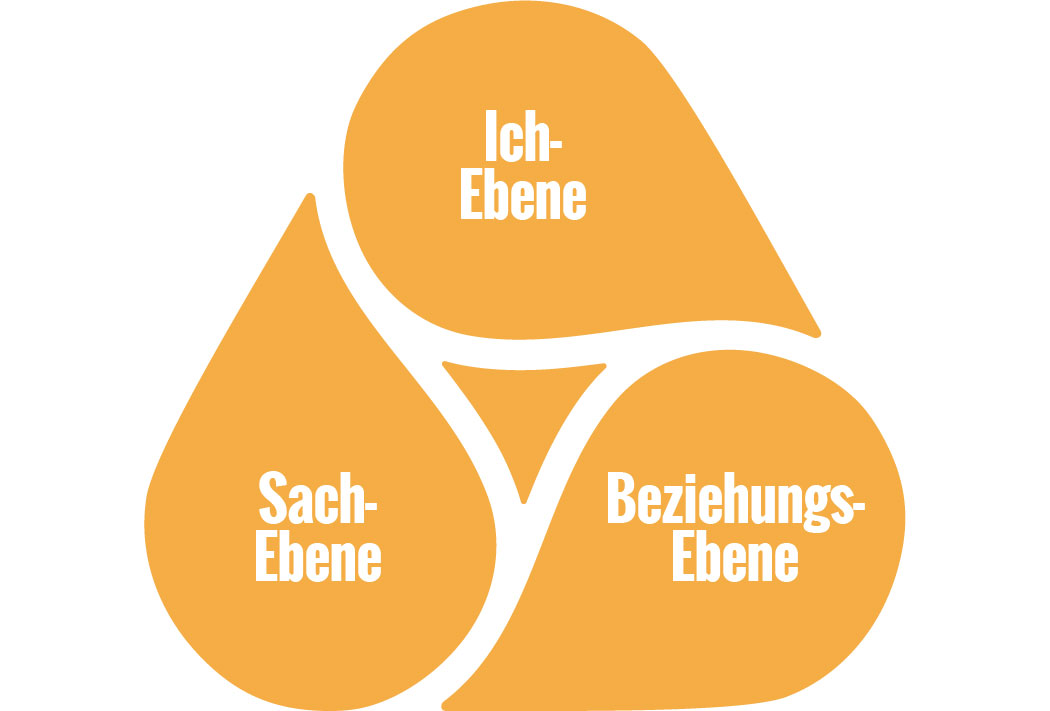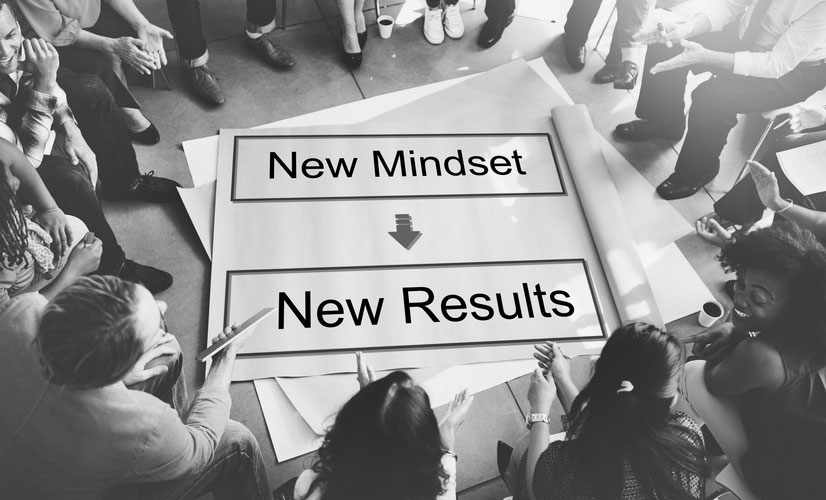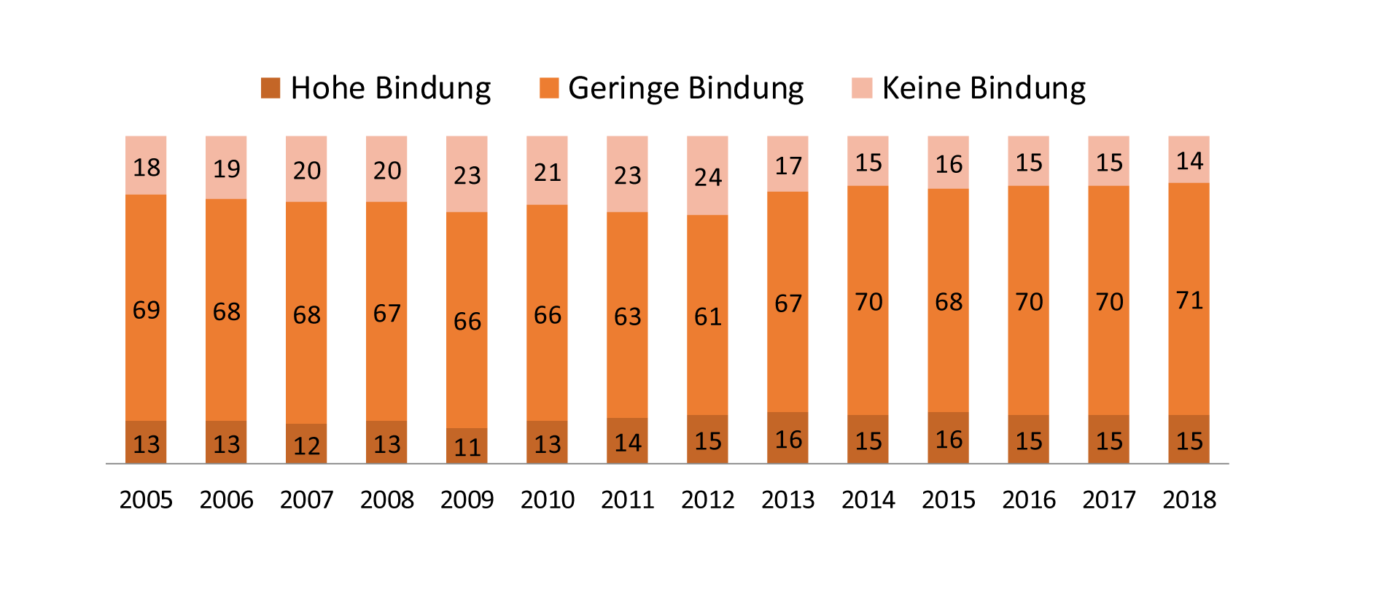The Triad Model
Consultants and coaches enable their clients to see familiar problems from a different angle. The aim is to discover optimal and creative solutions.

Consultants and coaches enable their clients to see familiar problems from a different angle. The aim is to discover optimal and creative solutions.

As an Executive Coach, Consultant and Trainer, I base my work on a model that was devised by Aristotle 2300 years ago. It is also commonly used in psychology and communications theory: The Triad Model
When these three levels are harmoniously united, they enable us to creatively find solutions, successfully persuade others and achieve our goals more quickly and directly.
I use a variety of tools and moderation techniques in my coaching, seminars, trainings und workshops, including:
To support a deeper understanding and internalisation of the training and coaching materials, I also use different methods from consciousness and mindfulness training as well as various imaginative and relaxation techniques.

The basis for this method is your own self-awareness. You are your most valuable instrument for persuading others to join your cause. If you know yourself well and can bring out the best of yourself, you will develop a passion for your cause. This is what persuades others.
The following questions provide more clarity:

The secret to successful collaboration is appreciative relationships. It is important to build healthy relationships based on trust and maintain our connection to others. The key to trusting relationships lies within these questions:

Learn how to articulate yourself clearly and persuasively.
The answers to these questions will lead the way:
When you find the answers to these questions, you will experience what we call “Unity”: Being in touch with yourself, with others, and the issue at hand. I will support you along the way.
As a coach, I have experienced how rewarding the path to self-recognition is: meeting and accepting your “inner team”, welcoming in both light and darkness – these allow us to mature as human beings. The resulting authenticity and vivacity facilitates real inner and outer connection. This connection will help you to effectively influence and incite enthusiasm in others for your common goal.

The digital revolution is leading to profound changes within organisations. More than ever, successful organisations need:
employees and leaders who act in the interest of the common good.
Motivation instead of control,
Sharing knowledge instead of hoarding it,
Persuasiveness,
Relationship management,
Trust,
Empowerment through attractive visions,
Values und appreciation,
Ability to learn,
Creativity,
Innovation,
Courage,
Exhibiting healthy habits.

The annual Galupp-Report shows that 71 per cent of German employees only “work-to-rule”. 14 per cent have resigned internally. Only 15 per cent work with their heart, hand and head. (Numbers from 2018; these vary by 1-2 per cent from year to year). The value of annual productivity loss suffered by the German economy due to lack of an emotional connection and weak leadership are estimated at 99 billion Euros.

*Gallup Engagement Index, Germany’s most renowned study of employee commitment.
Basis: Employed individuals above 18 years of age in Germany

It’s high time to consider a new perspective and a foundational paradigm shift. Leadership must be based on values and appreciation in order to meet the human desire for meaning and connection. Employees who find their work meaningful and who experience appreciation are more creative and innovative.
I know from personal experience how crucial this change of course is. Teams who collaborate on the basis of trust, respect and appreciation achieve their goals with greater ease and less friction. This is why I help individuals, groups and organisations to connect with themselves and with others.
Show the world what you’re made of –
live the music that plays within you!